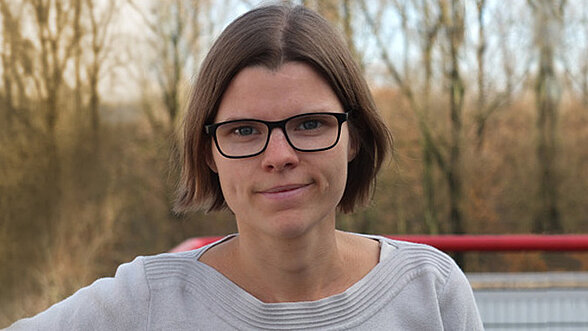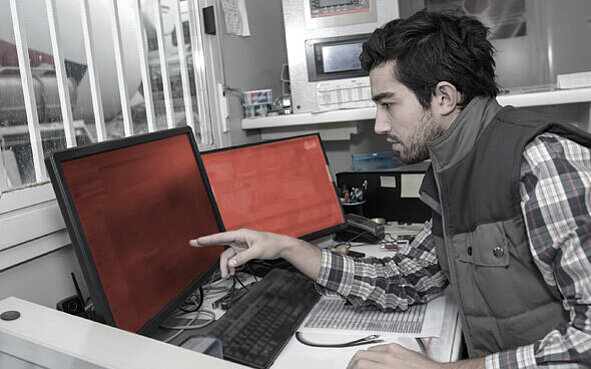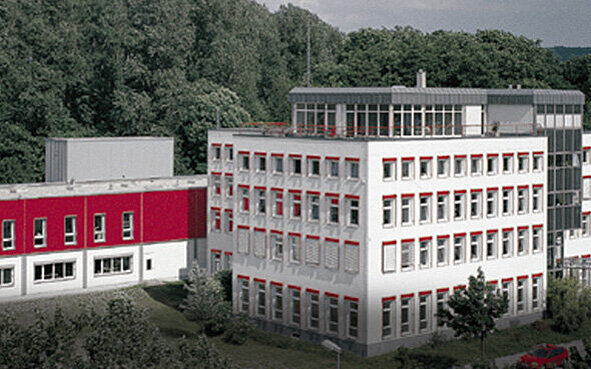Hardware Development Engineer
Elisabeth works as a hardware developer at Hitex. She develops controllers for embedded systems, with a focus on functional safety projects. It is necessary to consider all aspects of certification during the development process: "If the brakes in the car fail, it can cost lives, so don't cut corners. Evaluation boards allow designers to try out the latest features in a microcontroller.
Here an additional Gigabit Ethernet, there an Arduino connection, a few more LEDs... and everything without time-consuming safety processes!
Working @Hitex
In the beginning there are many questions: What are my primary needs? The price/performance ratio? Security issues? Workflows with other tools? If the customer's requirements are not completely clear, we work together to clarify them.
Once the requirements have been clarified, my work really begins: A schematic and a layout are created. Of course, there are always requests for changes, which we incorporate. In the end, we have a first prototype. Commissioning is where it gets serious: Does the hardware work as desired? Are all the functions implemented and error-free? "Then we work closely with the software developers. Without software, the power LED might light up, but that's it. Conversely, the software can't test without the hardware - they go hand in hand."

What do you appreciate about your work at Hitex?
Elisabeth: There are many challenges: You have to understand what is important to the customer and you can implement it. Theres also the exchange with colleagues from software, quality assurance, purchasing and production in order to optimize the hardware as much as possible during development. And quite quickly you have a piece of real hardware in your hands that you have developed yourself - the perfect mixture of theory and practice.
Want to become a part of Hitex?
The Hitex team consists of experienced talents from all kind of areas like engineering, production and operations, marketing and sales. We are constantly looking for qualified and committed employees in all different areas. Want to become a part of the safe and secure embedded world of tomorrow? We are happy to get to know you!

Job opportunities
Find all job opportunities at Hitex! We are looking forward to meeting you.

Working at Hitex
You are curious what it's like working at Hitex? Here you will find real insights from Hitex employees.

Students at Hitex
You are a student and would like to gain practical experience? Then Hitex is the right place for you.